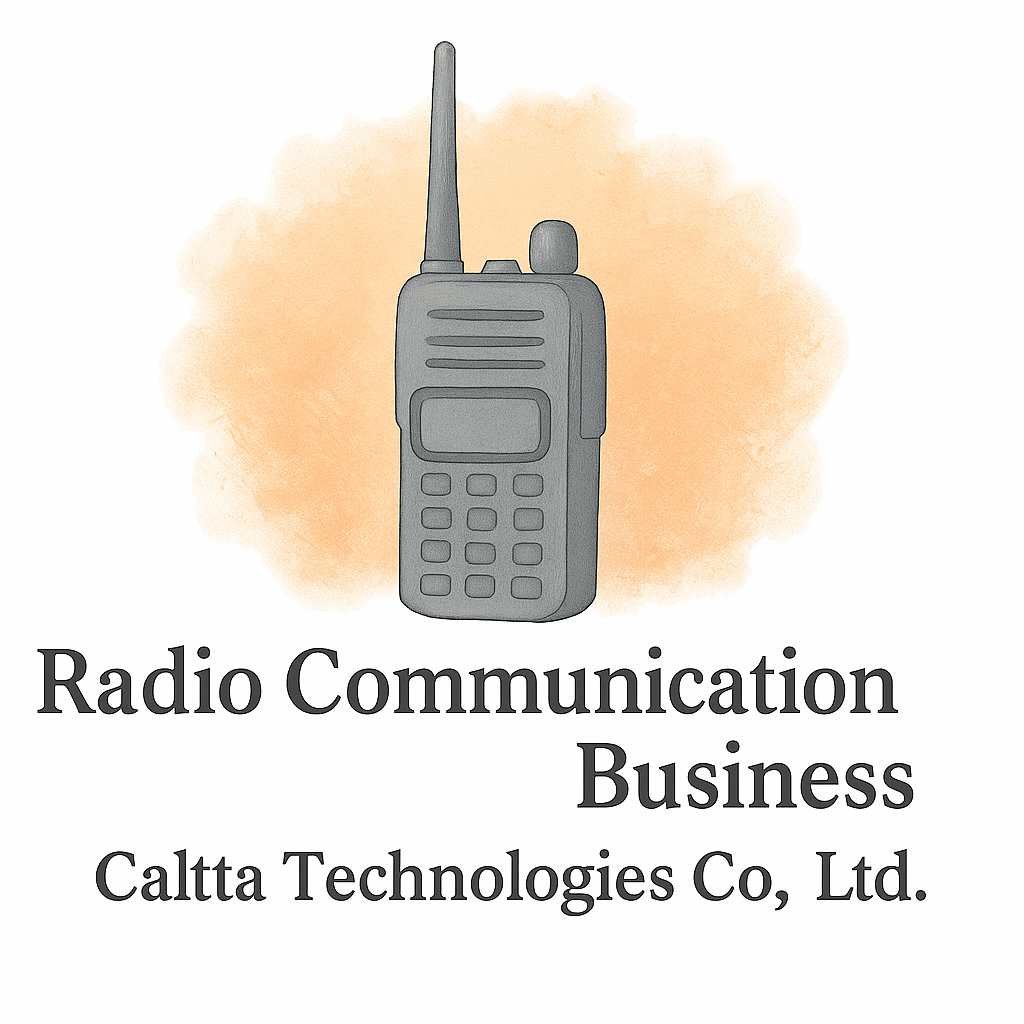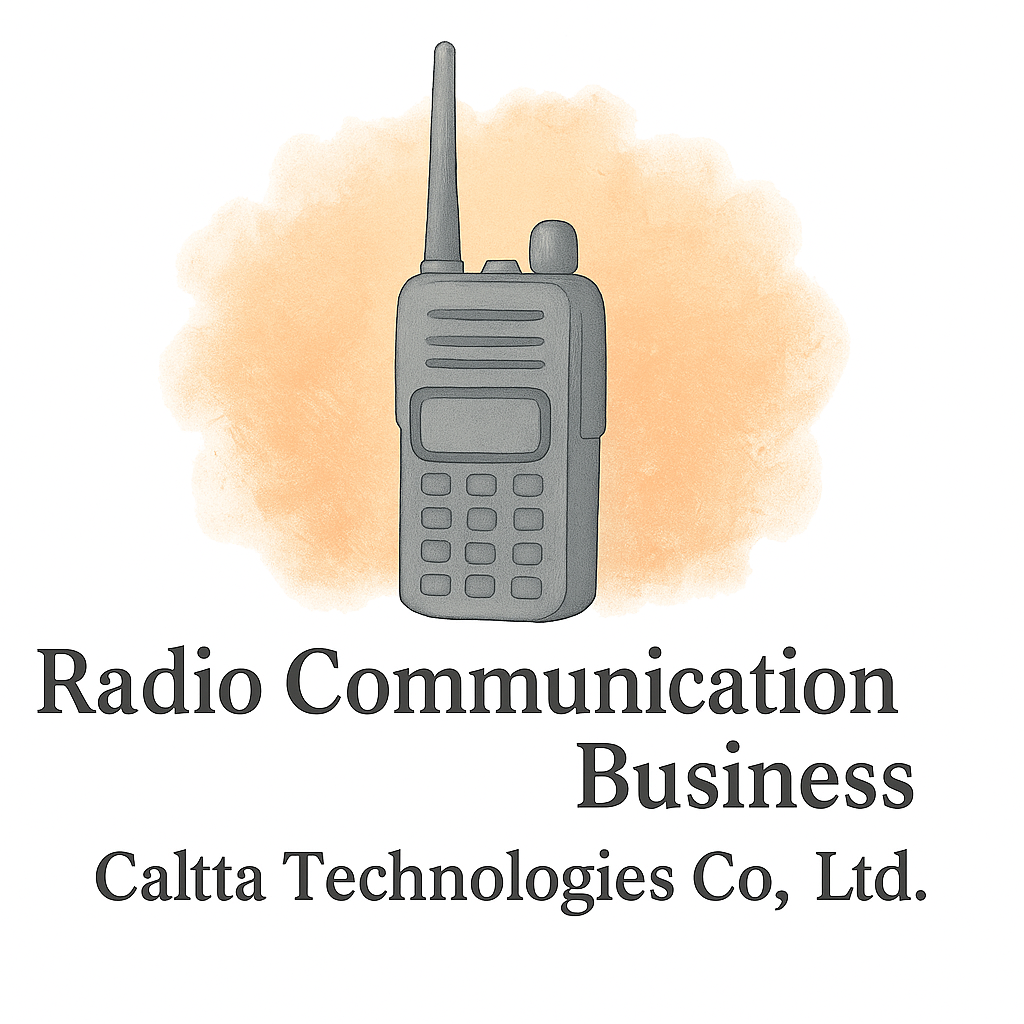Launching a radio communication business is an exciting adventure—but let’s be real, it takes money to get those airwaves buzzing. Whether you’re setting up a private network, launching communication gear for public safety, or serving commercial clients, you’ll need solid funding to get your startup off the ground.
So, where do you find the money? Glad you asked.
Let’s dive into the seven best funding sources to help bring your radio communication dreams to life—without sending your bank account into a flatline.
Why Funding Is Crucial for a Radio Communication Startup
Funding isn’t just about buying shiny new equipment. It’s about survival and scalability. You need capital to cover upfront costs, plan for operations, market your services, and stay compliant with ever-evolving regulations.
And in a high-tech, high-regulation field like radio communication, you don’t want to cut corners.
Understanding the Costs of Starting a Radio Communication Business
Before seeking funding, know what you’re funding.
Equipment and Technology Expenses
Let’s face it—quality radio communication equipment isn’t cheap. Between base stations, repeaters, mobile units, and advanced encryption tools, the cost can climb fast.
Explore top-tier technology options here.
Licensing, Compliance, and Legal Fees
Operating legally in this industry requires compliance with local and international regulations. FCC licensing (or equivalent in your country), zoning permissions, and signal regulations all cost money—and time.
Staffing and Training Costs
You’ll need qualified radio technicians, project managers, and compliance officers. Oh—and don’t forget the cost of keeping them trained on the latest tech.
Marketing, Branding, and Promotions
Want clients to find you? Then you’ve got to invest in marketing and branding—from SEO to radio ads (yes, ironically), it all adds up.
Top 7 Funding Sources to Launch Your Radio Communication Business
Ready to secure the bag? Let’s look at your options.
1. Personal Savings and Bootstrapping
Sometimes, the first investor you need is yourself.
Pros and Cons of Using Personal Funds
Pros:
- Full control over your business.
- No debt or equity dilution.
Cons:
- High personal risk.
- May limit growth potential if your savings are limited.
Tips for Managing a Bootstrap Budget
- Prioritize essentials: equipment, licensing, and marketing.
- Use cost-saving startup hacks to stretch every dollar.
- Reinvest early profits back into the business.
2. Bank Loans and Lines of Credit
Banks offer traditional options for entrepreneurs—but you’ll need a solid business plan.
Traditional Loan Options for Startups
Consider:
- Small Business Loans (SBA or equivalent)
- Equipment financing
- Working capital lines of credit
How to Prepare Your Business Plan for a Loan
- Show detailed financial projections.
- Highlight your tech stack and competitive edge.
- Prove compliance with industry regulations.
3. Government Grants and Subsidies
Yes, free money exists—if you know where to look.
Available Grants for Tech and Communication Startups
Governments often fund businesses that improve:
- Public safety
- Emergency response
- Infrastructure resilience
Check with your local economic development agency for industry-specific grants.
How to Qualify and Apply
- Tailor your application to demonstrate public benefit.
- Highlight startup innovation and social impact.
- Stay ahead with industry insights.

4. Angel Investors
Angel investors are typically high-net-worth individuals who love backing startups with high growth potential.
What Angel Investors Look For in a Radio Communication Business
- Strong leadership team
- Unique technology or service model
- Scalable business plan
Pitching Your Idea with Confidence
Use storytelling. Explain how your solution fits a growing need—such as disaster recovery or remote industry communication. Back it with data and trends.
5. Venture Capital (VC) Firms
VCs bring big checks—but they want big returns.
Is VC Right for Your Communication Business?
If you’re aiming to disrupt the market or scale quickly across regions, VC could be your match.
Navigating the VC Landscape
- Network at industry events and conferences.
- Know your metrics: CAC, LTV, burn rate.
- Be ready for due diligence on tech, legal, and compliance.
6. Crowdfunding Platforms
Modern problems need modern solutions. That’s where platforms like Kickstarter or Indiegogo come in.
Popular Platforms and Strategies That Work
- Kickstarter: Good for product-focused launches.
- Indiegogo: Flexible funding options.
- StartEngine or SeedInvest: Ideal for equity-based crowdfunding.
Building a Campaign That Converts
- Use engaging videos, real-world use cases, and early adopter perks.
- Highlight benefits for niche sectors like public safety or private industry.
- Share your story across social media for traction.
7. Strategic Partnerships and Industry Sponsors
Radio communication thrives on collaboration. Why not turn that into a funding source?
Leveraging Relationships Within the Radio Industry
Form strategic partnerships with:
- Equipment manufacturers
- Tech resellers
- Government contractors
They may offer financial backing, discounted tools, or marketing support.
Attracting Sponsors Through Events and Networking
- Attend niche networking expos.
- Sponsor panels or demos at trade shows.
- Host your own industry event showcasing your solution.
Bonus Tips to Strengthen Your Funding Journey
Aligning with Industry Trends and Tech Innovations
Stay current with cutting-edge communication technologies—especially in:
- AI integration
- Push-to-talk over cellular (PoC)
- Cross-platform data communication
Being seen as a tech-forward entrepreneur makes you far more fundable.
Building Credibility Through Compliance and Certifications
Demonstrate readiness by:
- Getting industry-standard certifications
- Publishing white papers or blogs on compliance topics
- Collaborating with certified vendors like Caltta International
Conclusion
Starting a radio communication business isn’t cheap—but it’s achievable with the right mix of funding strategies and hustle.
Whether you’re bootstrapping, seeking angel backing, or going after government grants, there’s a path for you. Focus on aligning your business with industry needs, leveraging new tech, and staying compliant.
And don’t forget—success favors the prepared. So start your journey today and amplify your future!
FAQs
1. How much capital do I need to start a radio communication business?
You’ll likely need between $50,000–$200,000 depending on the scale, location, and equipment needed. Include technology costs and licensing fees in your estimate.
2. Can I start a radio communication business without investors?
Absolutely. Many entrepreneurs bootstrap their way to profitability, especially if they leverage budget-friendly tips.
3. Are there government grants for communication startups?
Yes! Many countries support innovation in emergency response and public safety tech. Research local grant directories or visit your local SBA equivalent.
4. What kind of equipment is essential for launching?
You’ll need radios, repeaters, base stations, and possibly encryption software. Browse Caltta’s equipment page for ideas.
5. How do I find angel investors?
Attend startup events, pitch competitions, and online investor networks. Create a compelling deck and show traction.
6. What’s the best crowdfunding platform for communication products?
Kickstarter is great for hardware. If you’re offering a service, look into equity crowdfunding platforms like StartEngine.
7. Is compliance really that important?
Yes. Non-compliance can result in fines or shutdowns. Stay on top of regulations to protect your business and investors.


